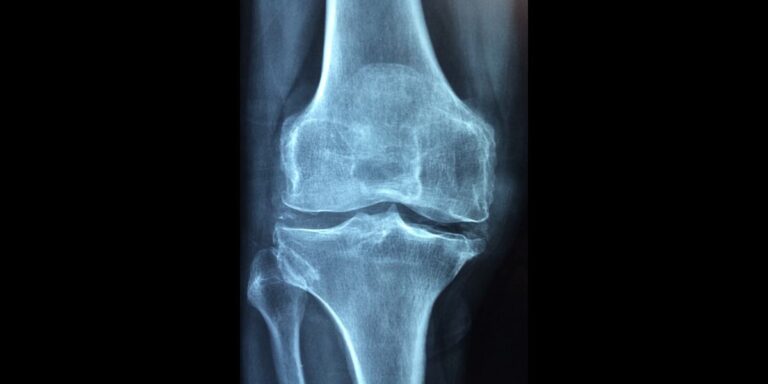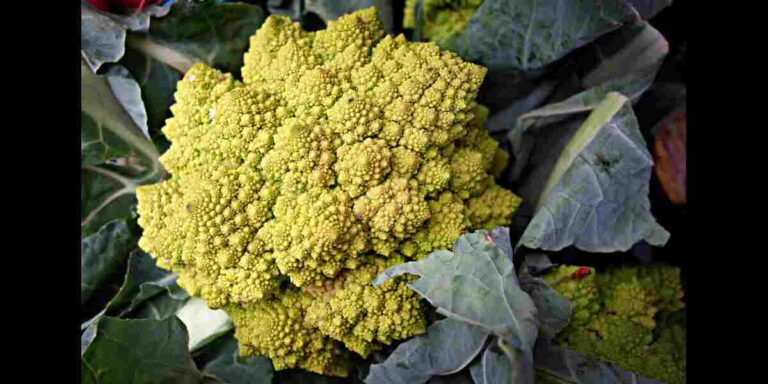How To Treat Food Poisoning At Home?
Food poisoning is a typical yet troubling condition brought about by polishing off polluted food or beverages. Side effects range from gentle to serious and can incorporate sickness, retching, loose bowels, stomach spasms, and fever. While most cases resolve without clinical intercession, knowing how to treat food poisoning successfully can essentially facilitate the distress and forestall difficulties.
Understanding Food Poisoning
Food poisoning happens when unsafe microbes, infections, or parasites taint food or drinks. Normal offenders incorporate Salmonella, E. coli, Listeria, and Norovirus. These microorganisms can flourish in inappropriately cooked or put away foods, making it significant to securely deal with food.
Side effects of food poisoning regularly show up within a space of hours to a couple of days after utilization and can endure from a couple of hours to a few days. While a great many people recuperate with rest and hydration, serious cases might require clinical consideration.
Immediate Steps for How to Treat Food Poisoning
At the point when side effects of food poisoning emerge, the essential spotlight ought to be on remaining hydrated. Regurgitating and the runs can prompt huge liquid misfortune, which can bring about parchedness. Here are a few prompt strides on the best way to treat food poisoning:
- Hydration is Critical: Drink a lot of liquids like water, clear stocks, and oral rehydration arrangements. Keep away from stimulated, drunkard, and sweet beverages as they can deteriorate parchedness.
- Rest: Permit your body to heal itself by getting a lot of rest after you suspect food poisoning. Active work can worsen side effects and draw out recuperation time.
- Stay away from Strong Foods At first: Stick to clear fluids until regurgitating and loose bowels die down. Progressively once again introduce tasteless foods like bananas, rice, fruit purée, and toast (the BRAT diet).
Managing Symptoms Effectively
Understanding how to treat food poisoning includes overseeing side effects to decrease inconvenience and forestall confusion.
- Oral rehydration arrangements (ORS) are explicitly planned to supplant lost electrolytes and liquids. These arrangements are available without a prescription and can be especially valuable for kids and the old, who are more vulnerable to drying out.
- Non-prescription meds can assist with reducing side effects. Antidiarrheal prescriptions like loperamide can decrease the recurrence of solid discharges, while antiemetics can assist with controlling queasiness and heaving. Nonetheless, these ought to be utilized carefully and not so much for delayed periods without speaking with medical services proficiently.
- When heaving and looseness of the bowels have died down, bit by bit once again introduce strong foods. Begin with tasteless, simple to-process foods like Bananas, Rice, Fruit purée, and Toast. Stay away from dairy items, greasy foods, and zesty foods at first, as they can aggravate the stomach and delay side effects.
When to Seek Medical Attention
While many instances of food poisoning settle all alone, certain circumstances require clinical mediation. Knowing when to look for help is an essential piece of understanding how to treat food poisoning. Look for clinical consideration on the off chance that you experience high fever (above 101.5°F or 38.6°C), blood in stools, delayed retching (over 48 hours), indications of parchedness (dry mouth, diminished pee result, tipsiness), or tenacious the runs enduring over three days.
Babies, small kids, pregnant ladies, the old, and people with debilitated safe frameworks are more helpless against extreme side effects. It’s fundamental for these gatherings to look for clinical exhortation speedily assuming food poisoning is thought.
Related Post- Foods to Avoid When You Have Diarrhea
Preventing Future Episodes
For the best health, there are things that we need to avoid; to understand how to treat food poisoning it is also good to know how to prevent it.
- Wash Hands Thoroughly: It is advisable to wash your hands with soap and water before preparing meals, after going to the bathroom, or before and after touching raw meat or poultry.
- Cook Food to Safe Temperatures: However, it may be important to recommend the use of thermometers while cooking meat so that the latter is well cooked to the required internal temperature.
- Avoid Cross-Contamination: Raw food and cooked food should not be placed on the same plate. To keep all the food products separated from each other effectively, you should use different cutting boards for meats and vegetables.
- Store Food Properly: Dispose of foods that should be stored in a refrigerator as soon as possible and ensure that foods that can stay at room temperature are not left for long.
Freeware cautions to fastidiously consider what countries you eat in, particularly when eating in restaurants or obtaining food from road sellers. Make sure that food-related outlets maintain the appropriate cleanliness and conduct proper procedures concerning food preparation.
Final Suggestion
Knowing how to treat food poisoning includes a quick activity to oversee side effects and forestall entanglements. Remaining hydrated, resting, and creating dietary changes can help recuperation. Perceiving serious side effects and looking for clinical consideration when fundamentals are vital. Also, embracing safe food dealing practices can assist with forestalling future episodes. By understanding these means, you can oversee and recuperate from food poisoning.






